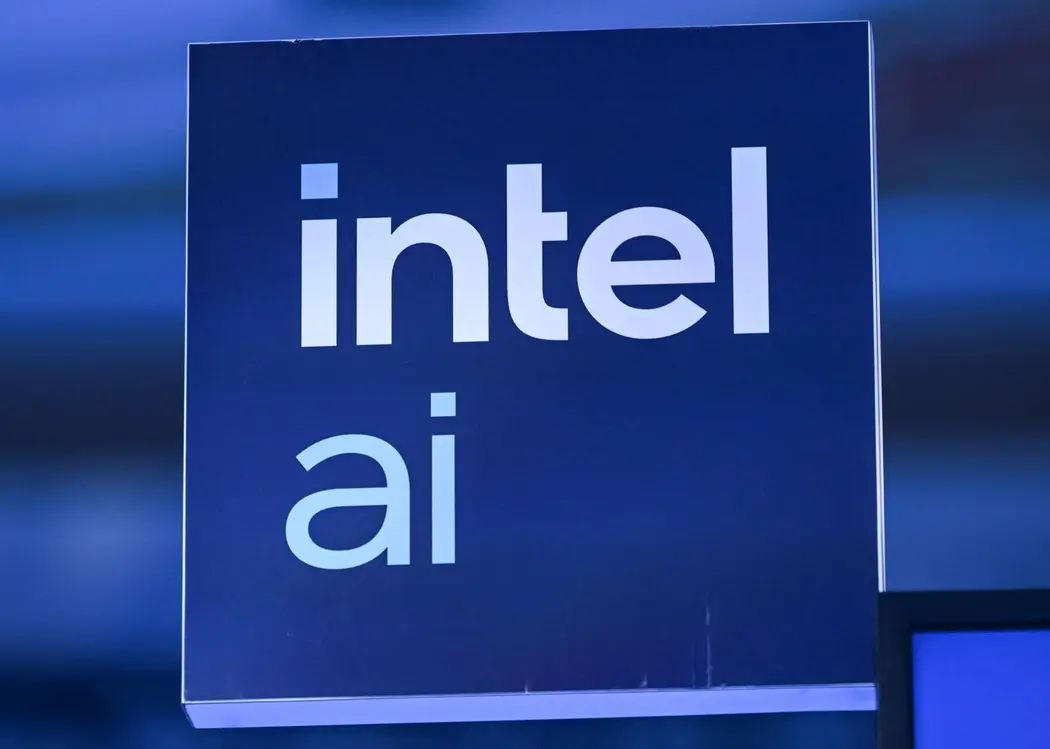T4K3.news
US considers 10 percent Intel stake in exchange for grants
The White House is weighing a deal that could grant the government an equity stake in Intel in return for grants, aiming to support domestic chip manufacturing in Ohio.

The United States weighs giving Intel an equity stake in return for government support as part of a broader push to boost domestic chip manufacturing.
US considers 10 percent Intel stake in exchange for grants
The White House has confirmed that talks are underway about a possible government stake in Intel as part of a package that could swap grants for equity. The discussions, described by sources connected to the talks, would tie public funding to a share in the company, potentially backing Intel’s plan to build a flagship manufacturing hub in Ohio. The move comes after SoftBank announced a $2 billion stake in Intel, which analysts say signals confidence in the company’s turnaround and has helped lift Intel shares.
Intel remains a linchpin in the United States’ chip-making capacity, but investors and policy watchers say the government’s involvement could complicate governance and speed. Critics warn that political considerations might slow decision making and shift priorities away from pure business needs. At the same time, the industry is watching closely for how Washington balances grants with equity as part of a broader industrial policy. The backdrop includes recent deals where Nvidia and AMD agreed to pay a 15% portion of their Chinese revenues to secure export licenses, illustrating a wider pattern of policy-driven pressure on the global chip supply chain.
Key Takeaways
"We should get an equity stake for our money"
Investor viewpoint cited in the deal discussions
"Political involvement could slow down decision making and shift priorities"
Industry risk assessment
"Intel remains uniquely positioned as America's main producer of high-end chips"
Industry framing
"Nvidia and AMD will pay 15 percent of their Chinese revenues to secure export licenses"
Related policy and market context
The proposal reflects a sharper turn in how the United States uses public money to secure critical industry capabilities. Public ownership or influence could align corporate action with national priorities, but it may also invite political risk into business strategy. A stake in Intel would be both a tool and a test: can government leverage spur rapid investment while preserving a company’s agility? The tension between public accountability and market discipline is the core challenge. If officials push too hard for policy goals, the company’s turnaround could slow as executives weigh political signals against long-term competitiveness.
In the near term, the deal would signal to investors that chip policy is moving from grants to strategic partnerships. For workers and communities, it may raise expectations about funding and job creation. For rivals, it could reframe how government money is perceived: as a level playing field or as a strategic edge granted to a favored ally. The risk is a policy regime that crowds out private capital and slows the pace of innovation.
Highlights
- We should get an equity stake for our money
- Political involvement could slow down decision making
- Intel remains uniquely positioned as America's main producer of high-end chips
- Nvidia and AMD will pay 15 percent of their Chinese revenues to secure export licenses
Political and budget risk around intel stake talks
The plan to swap grants for an equity stake raises questions about governance, control, and the use of public funds. If policy goals drive business choices, the arrangement could invite political backlash, extend timelines, and affect investor confidence. This topic sits at the intersection of budget discipline and national security concerns, demanding careful handling and clear safeguards.
The coming weeks will reveal how far policy makers are willing to push this approach while keeping Intel on track.
Enjoyed this? Let your friends know!
Related News
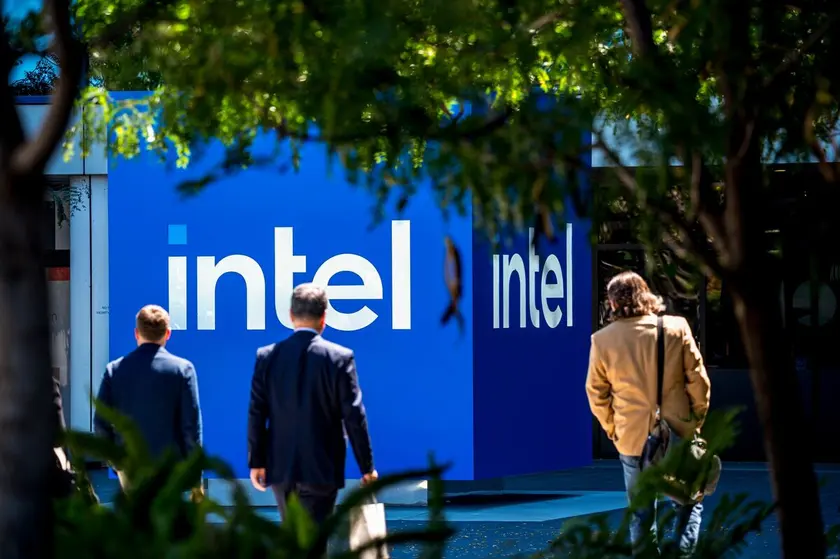
US considers 10 percent stake in Intel
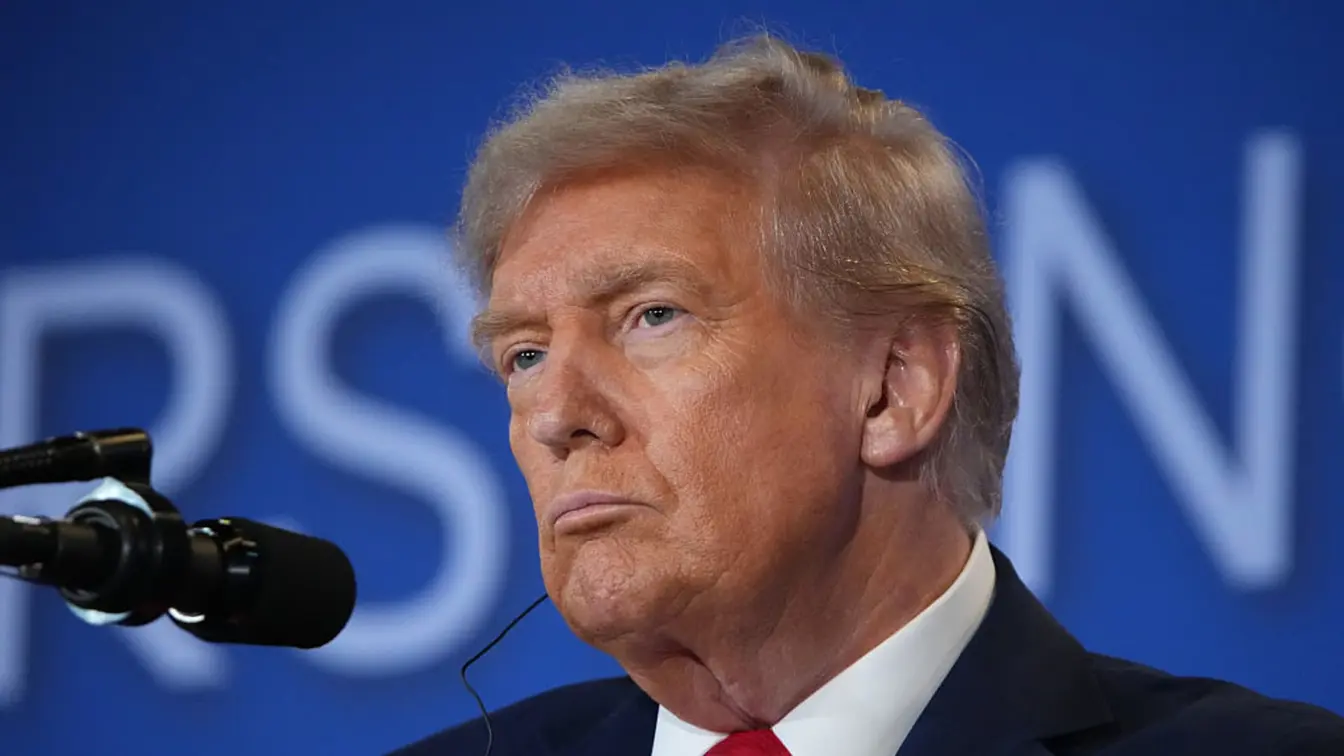
US weighs government stakes in CHIPS Act recipients
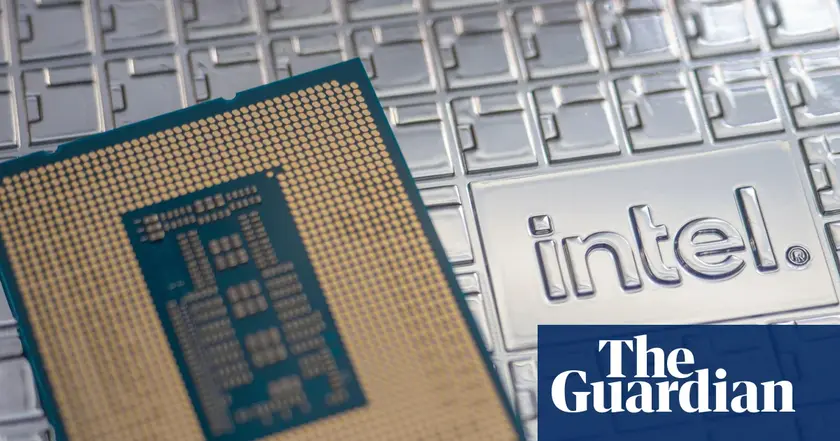
Intel secures SoftBank investment amid stake talk
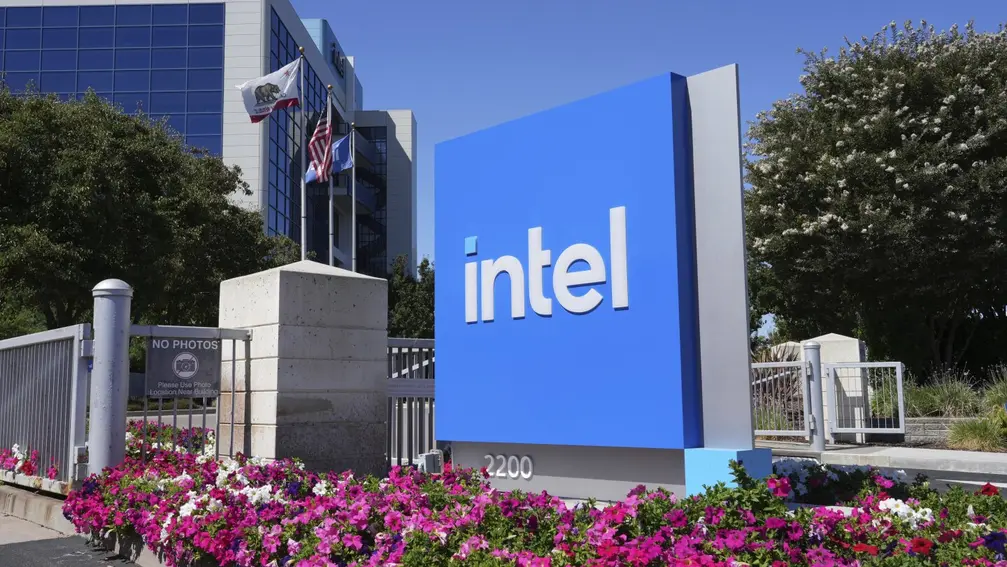
Government stake in Intel

Trump backs 10 percent Intel stake plan
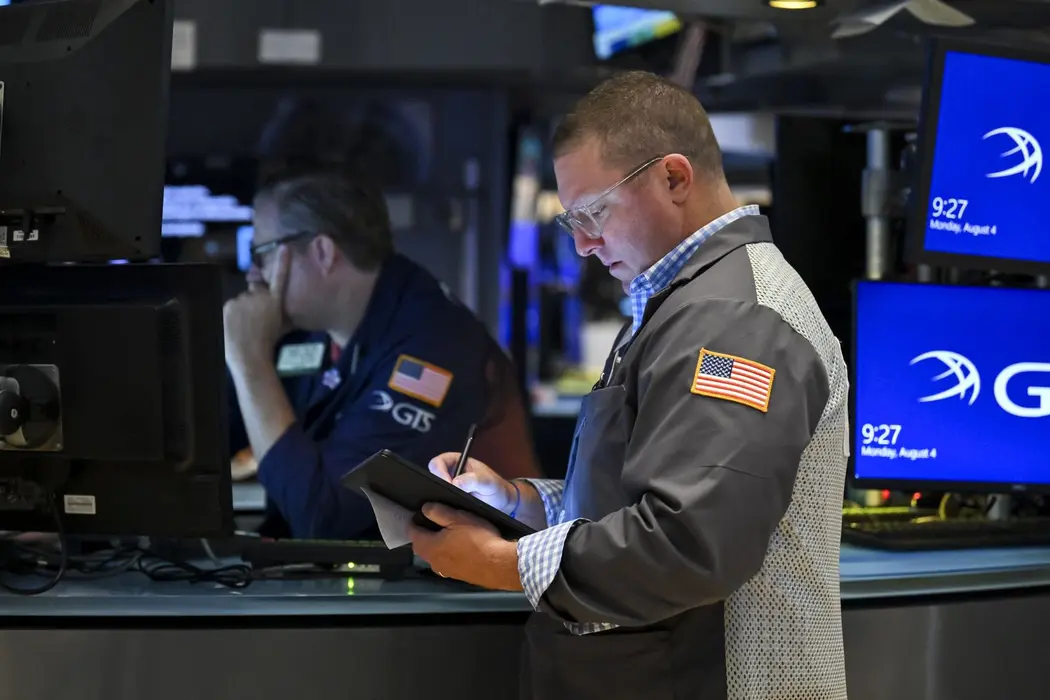
Markets Waver as Nvidia Eyes China Chip Push
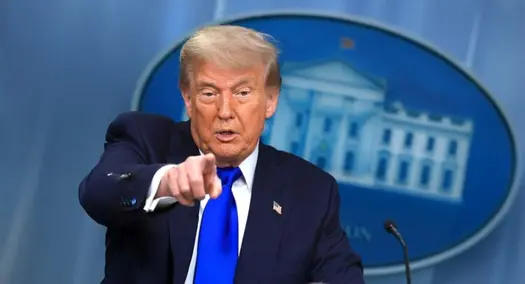
Trump administration eyes 10% Intel stake
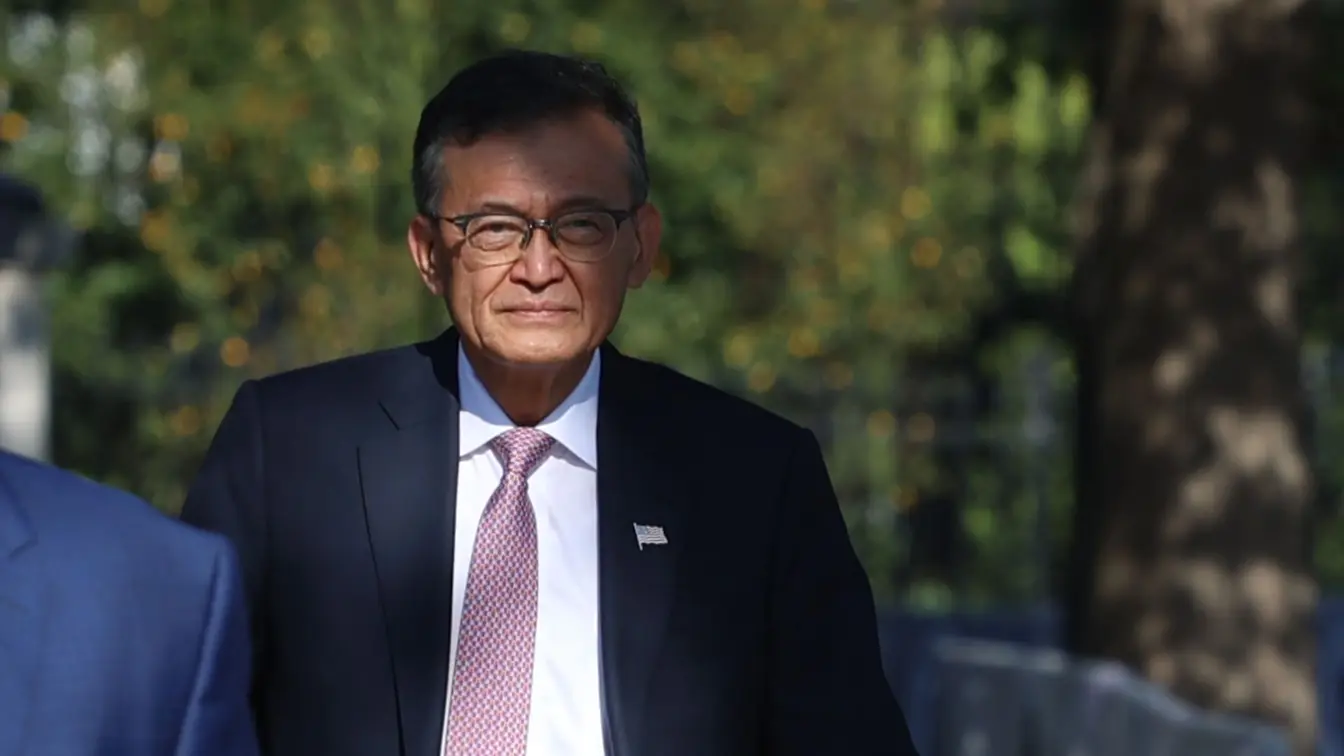
US weighs stake in Intel
